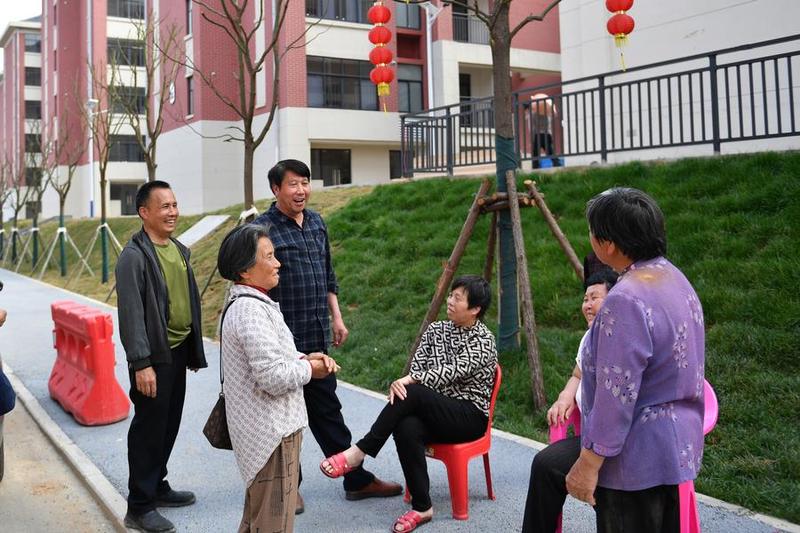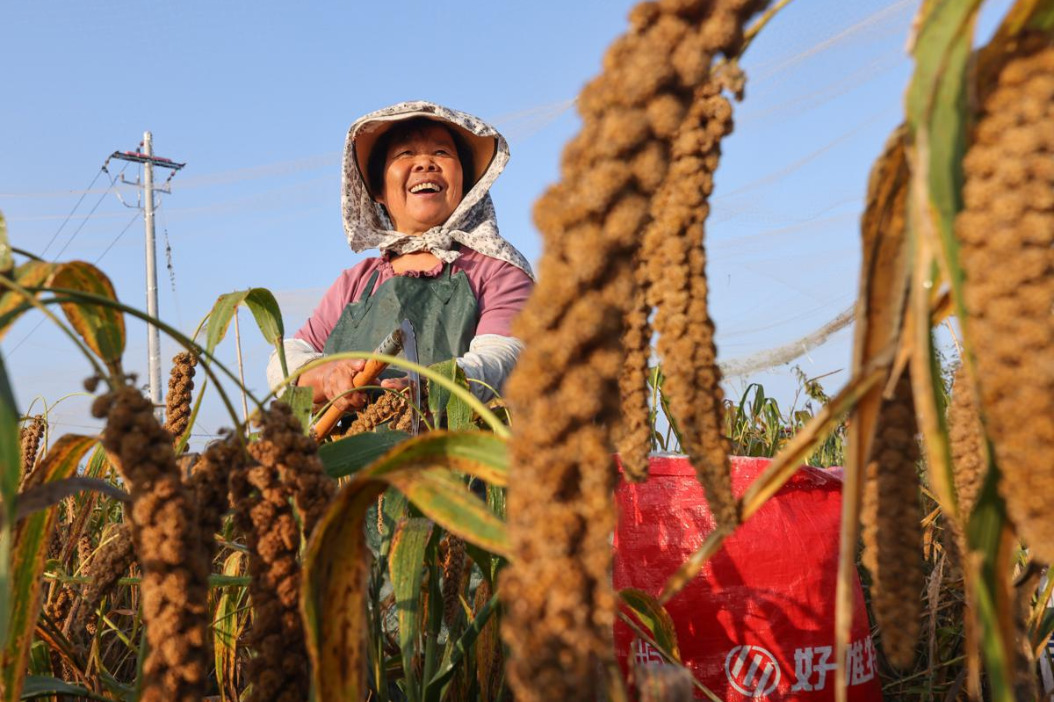China increases basic pensions by another 2%


China has raised basic pensions by another 2 percent this year, marking the 21st consecutive annual increase and benefiting around 150 million retirees. Experts said the data show there is a solid material foundation for ensuring pensions are paid in full and on time.
The Ministry of Human Resources and Social Security and the Ministry of Finance jointly issued a notice on July 10 announcing that basic pensions will be raised by 2 percent for those who retired before the end of 2024, effective Jan 1, 2025.
Provinces will soon roll out local implementation plans based on regional conditions, and the increased pensions will be distributed as soon as possible, benefiting around 150 million retirees, reported the Xinhua News Agency.
"Since 2005, China has raised basic pensions for retirees every year, which reflects the central government's strong commitment to improving people's livelihoods despite economic pressure and rising uncertainty," Mo Rong, head of the Chinese Academy of Labor and Social Security, was quoted as saying by Xinhua.
"The 2 percent increase was set based on a comprehensive review of last year's inflation and wage growth," Mo added.
The average monthly pension for enterprise retirees in 2023 doubled from that of 2012, indicating steady improvements have been made in benefits, and this year's adjustment will give priority to those with lower pension levels, the China Youth Daily reported.
"Pension increases are not applied at a uniform rate for everyone, and those with lower pensions will see larger increases, striking a balance between fairness and efficiency," Zheng Wei, director of Peking University's China Center for Insurance and Social Security Research, said.
According to Dong Keyong, professor with Renmin University of China, over the years of reform, China has not only balanced the current income and expenditure of its pension system but also built up sizable reserves.
"By 2024, the basic pension fund for urban employees had a cumulative surplus of 7.1 trillion yuan ($988.35 billion), equivalent to over one year of pension expenditures," Dong said.
"As reforms continue, China's pension system is becoming fairer and more sustainable, guaranteeing timely and full payment of basic pensions to retirees," Dong added.
In fact, the trend of pension adjustments was highlighted earlier this year in a report released by East China Normal University.
"The nation's pension operation is generally in a healthy range, and among the four key indicators, sufficiency as the most important gauge is best-performing, followed by sustainability, while balance and integrity need improvement," said a report titled the Pension Index of China 2025 issued on June 28 in Shanghai by the China Inclusive Aging Finance Research Center under East China Normal University.
"The index has evaluated the overall pension protection across 31 provinces, municipalities, and autonomous regions by assessing institutional and environmental factors, providing insight into the current state of China's pension system," Lu Jinfei, director of the research center under East China Normal University, said.
Specifically, Beijing's pension system ranked top with excellent performance in all four aspects. Shanghai ranked second in overall scores with outstanding performance in terms of sufficiency, balance, and integrity of its pension system. Guangdong rated third, and its pension's sustainability and balance performed very well, Lu added.
The report was released during the 2nd Forum on China Inclusive Aging Finance earlier in June. Themed as Exploring the Chinese Model of Public-Private Pension Coordinated Deployment, the event is jointly organized by East China Normal University and China Financial Information Center.
"Global aging is one of the most pressing challenges of our times, which requires all countries to work together to address," John L Thornton, co-chair of the Board of Trustees of the Asia Society, chair emeritus of the Brookings Institution, and former president of Goldman Sachs Group, said during the event in a written speech.
Thornton said that with the extension of life expectancy, the global population over 60 years old will increase rapidly, and all countries in the world are facing similar challenges. He emphasized that countries need to work together to advance policy innovation and financial tools related to aging.
According to Dong, China has established a complete pension system framework, including the first pillar of basic urban and rural resident pensions, the second pillar of enterprise annuities, and the third pillar of private pensions.
Public information shows that the private pension system is a government-supported, voluntary, and market-driven supplementary insurance established in 2022. Starting December 15, 2024, it expanded from 36 pilot cities to nationwide coverage.
A comprehensive plan to improve China's social security system was approved by the third plenary session of the 20th CPC Central Committee held in July 2024.
According to the plan, pension levels directly affect the quality of life for millions of elderly people, and it is important to enhance the funding and benefit adjustment mechanisms for basic pension and medical insurance, while gradually raising the basic pension for urban and rural residents.
By the end of 2023, 1.07 billion people were enrolled in China's basic pension insurance, including 520 million urban workers and 550 million rural and urban residents, according to a Xinhua report.
- China increases basic pensions by another 2%
- Traditional medicine has key role in global scenario, SCO forum stresses
- China concludes 15th Arctic Ocean scientific expedition
- Global peace-loving representatives attend conference in Beijing
- Beidou technology revolutionizes daily life applications
- Former Shandong official given death sentence for taking bribes




































